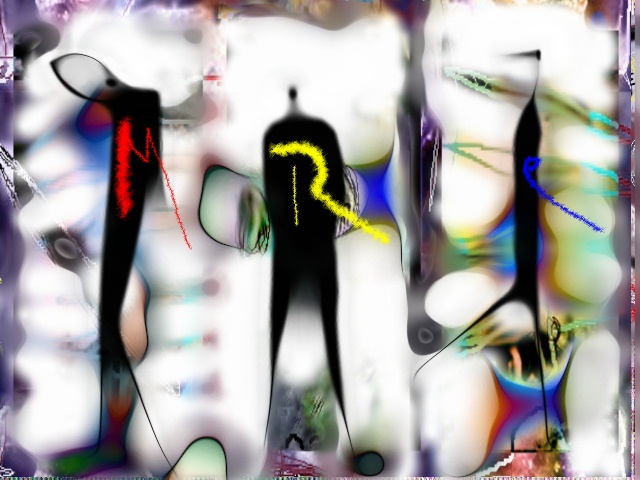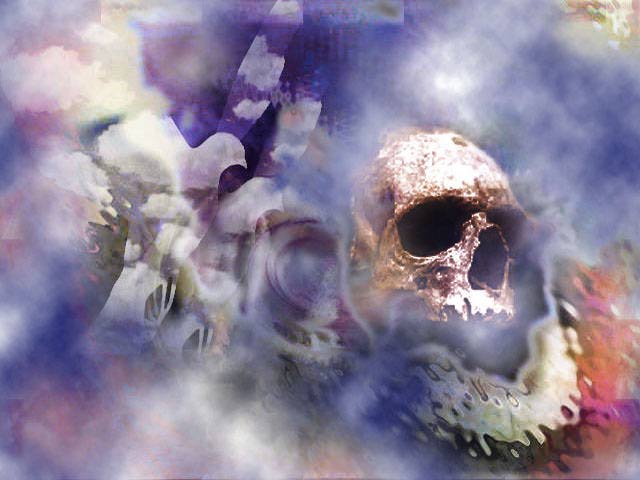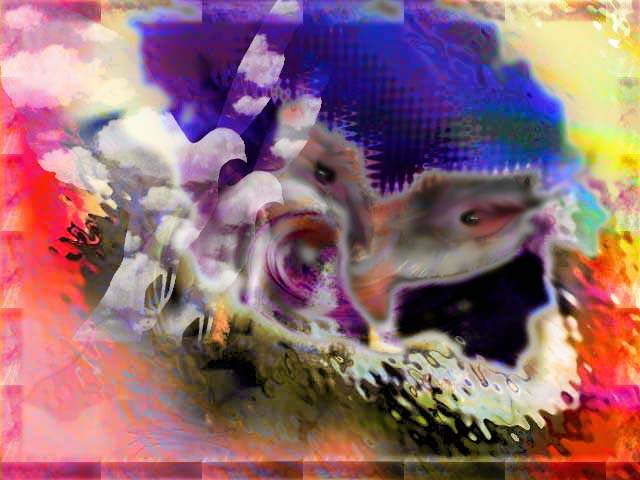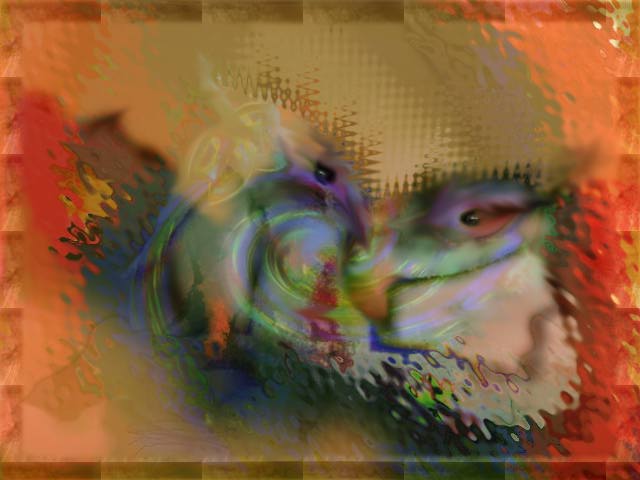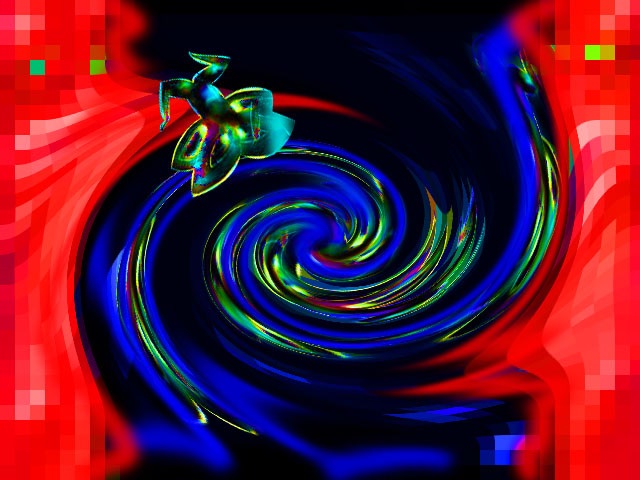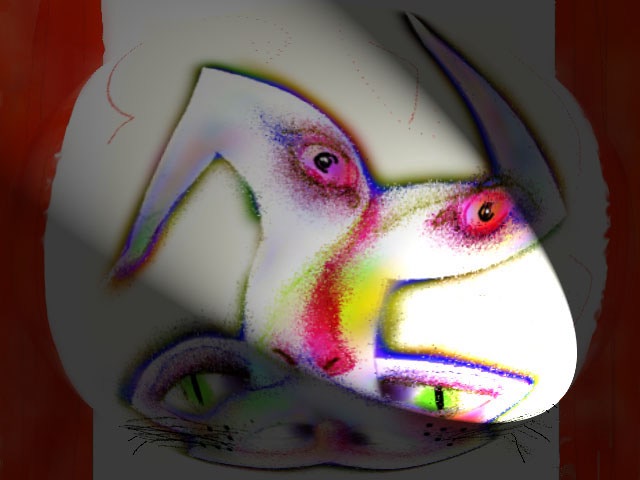Biology/English 223 |
The Story of Evolution and the Evolution of Stories:
Exploring the Significance of Diversity
Anne Dalke (English House, ext. 5308, adalke@brynmawr.edu)
Paul Grobstein (Park Science Building, ext. 5098, pgrobste@brynmawr.edu)
http://serendipstudio.org/sci_cult/evolit/s04/
Ahab: "There is a tragicalness in being human."
Una's inner reply: "Yes--but that is only one way.
There are many ways. We choose."

|
The images on these pages are reproduced with permission of |
